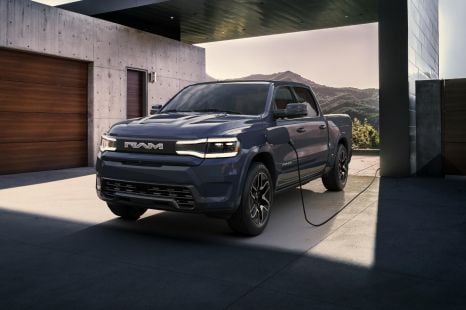

Derek Fung
Ram cancels electric ute, renames Ramcharger plug-in hybrid
15 Hours Ago

Contributor
KiaAustralia executives have shared more details on the brand’s hotly anticipated ute, which will potentially be called the Tasman.
Building on what we already know, CarExpert has obtained information regarding when the ute will arrive, how much segment share Kia Australia is expecting it to have, where it will be produced, and how involved Australia is with the development.

Here are the headline details
This new ute will plug a big gap in the brand’s Australian line-up, and has the potential to boost Kia to new heights on the sales charts – potentially overtaking Mazda in the race for second place, behind market leader Toyota.
The Kia ute – known internally as TK – is one of two upcoming pickup trucks coming from the brand, likely the vehicle referred to as “strategic model for emerging markets” by company executives last year. The other will be a dedicated electric ute.

TK is just the internal codename at this stage, and the new ute could receive the name Tasman according to a recent trademark filing lodged with IP Australia. It’s the only new vehicle name Kia has trademarked over the last 12 months.
According to Kia dealers who were briefed on the vehicle, the company is benchmarking the TK against the segment-leading Ford Ranger and Toyota HiLux “to achieve towing capacity and payload targets”.
“If you dissect the market and look at where the key areas are, who are the main benchmarks, and that has evolved, obviously, the last couple of years,” said Kia Australia product planning general manager Roland Rivero.
“When we started the conversation there wasn’t an all-new Ranger. That’s come about, so has Amarok.
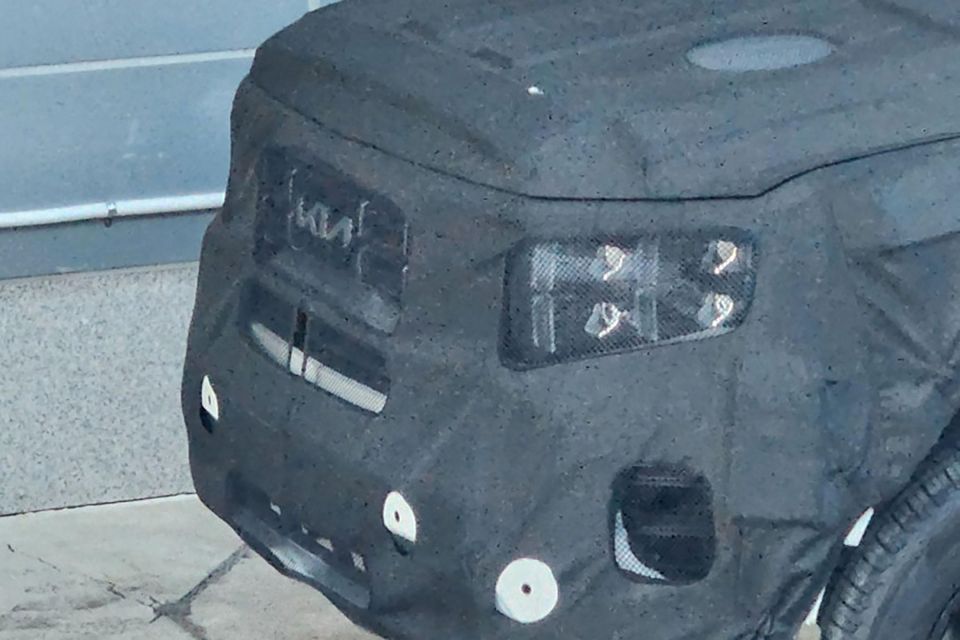
“It’s critical [Kia executives] understood who the main benchmarks were [for] features, towing capacities.”
“I think we’re well aware of what’s to come and we’re also well aware of how long the common life of a light commercial vehicle is,” added Mr Rivero.
“[The Kia ute] has to have longevity and it’s got to be suitable for our market.”
Mr Rivero also confirmed the ute will be produced in Korea.
A production version of the Kia ute will be arriving in 2025, five years after its development began.
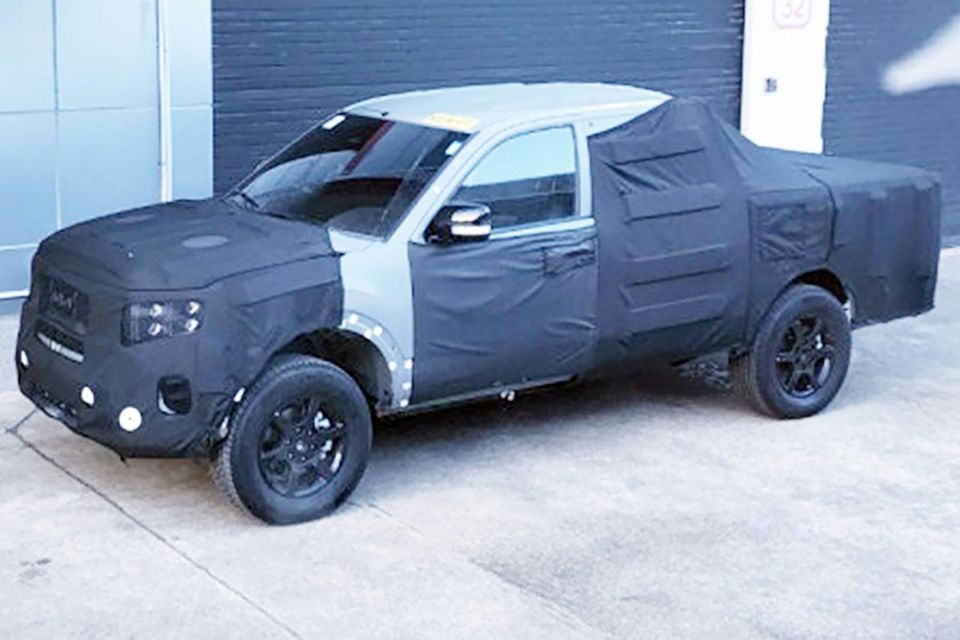
“We’re confident that within the next 24 to 36 months it’ll be in Australia,” said Kia Australia product planning general manager Roland Rivero
Mr Rivero added that “lots of visitors have made the trip” to Australia to experience competitors and local conditions.
A “substantial” amount of work on the ute has been done in Australia, he said, “though a lot of work is ready to go”.
“It’s not different to any other new R&D project, so while it’s evolving, it’s also flexible,” said Kia Australia ride and handling engineer Graeme Gambold.
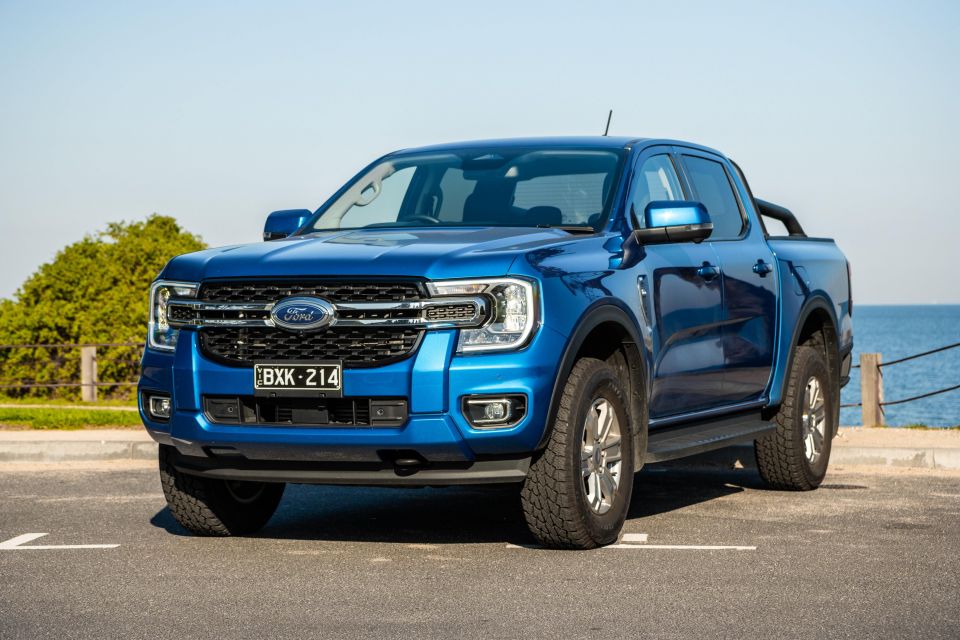
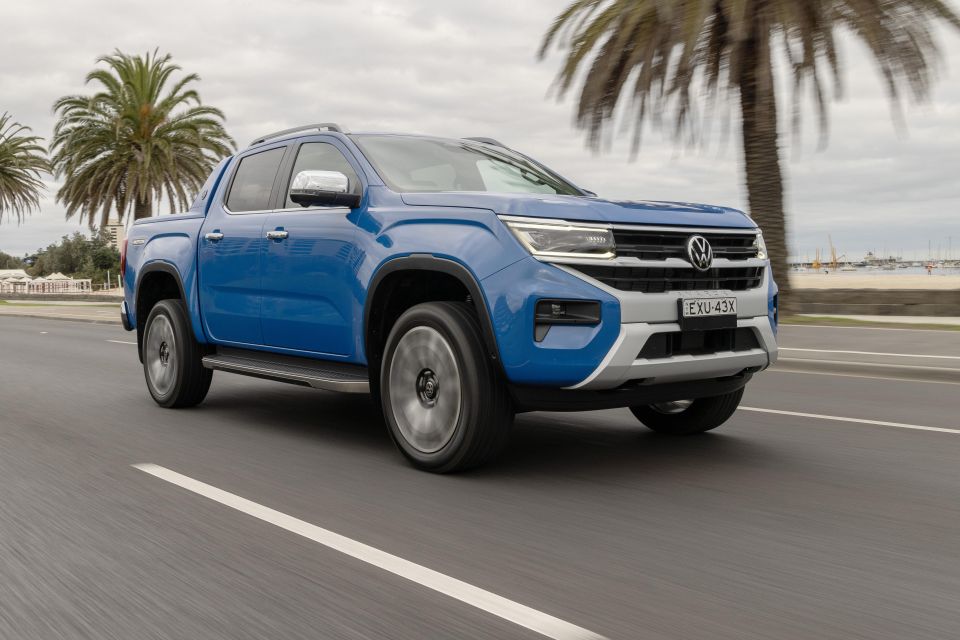
“Concrete doesn’t set until you get to production and lock that spec in. It’s a fair way off.”
“It’s been a bit of a moving target in regards to specification and design and pricing, but all those things are always churning away in the background,” said Kia Australia CEO Damien Meredith.
“We said at the beginning [of ute development] all those years ago, in 2018 or whatever, that we think we could sell where we were taking the brand and where we’ve developed the dealer network, we believe we can still probably be a 10 per cent of the LCV market.”
For context, the Isuzu D-Max, in both 4×2 and 4×4 guise, accounted for roughly 10 per cent of this segment last year.
Based on recently leaked information, CarExpert can confirm the production version of the Kia ute will be powered by a diesel engine, though details around capacity and cylinder count are still unknown.
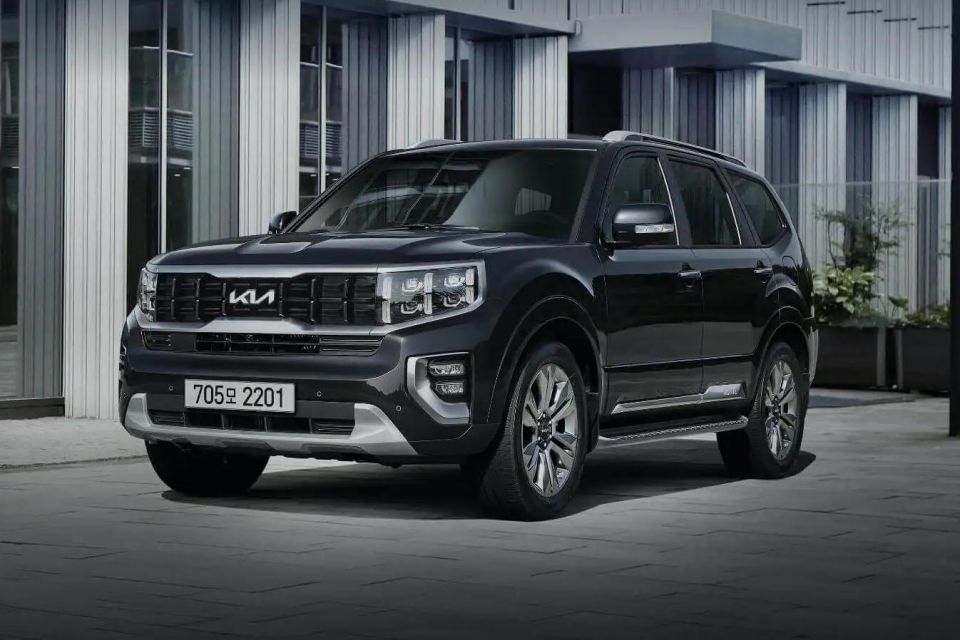
The fact a Kia Mohave SUV was used as a base for the prototype could offer some clues, however.
In Korea, the Mohave is powered by a 3.0-litre turbo-diesel V6 engine producing 189kW of power and 560Nm of torque. For reference, the 3.0-litre turbo-diesel V6 in the Ranger and Amarok produces 184kW and 600Nm.
The Mohave offers four-wheel drive with electronic low-range and a range of terrain modes much like Kia’s other SUVs. An eight-speed automatic is standard.
Kia has homologated its latest 3.0-litre diesel to Euro 6 standards, aligning it with emissions regulations likely coming to Australia soon, and currently in force in other markets around the world. Few utes are currently EU6 certified in Australia.
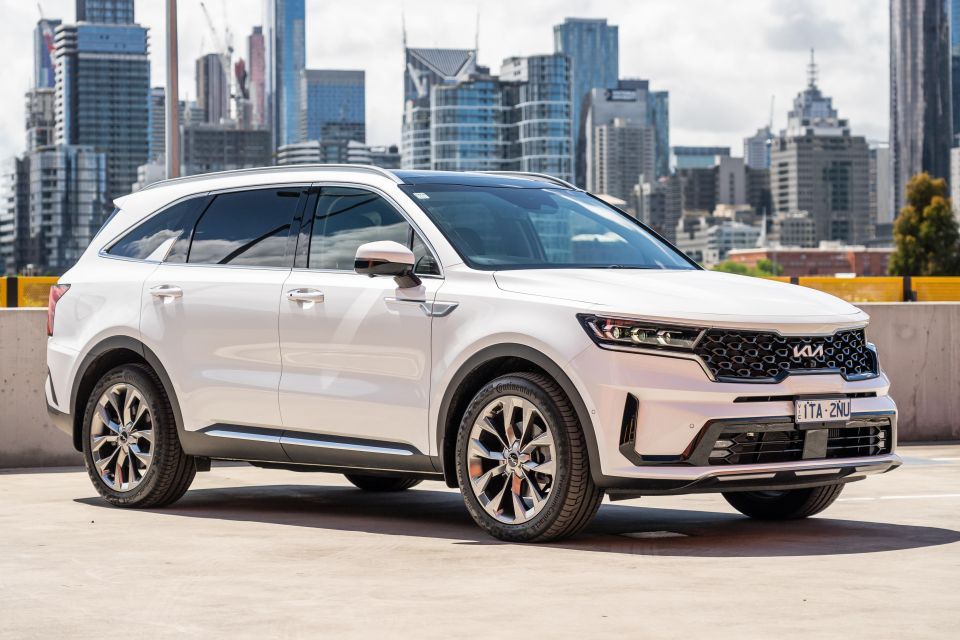
We could see Kia offer multiple engines to hit different price points and regional demands, with the brand’s 2.2-litre four-cylinder turbo-diesel another potential starter.
A commercial version of this engine currently does service in the Hyundai Staria van, making 130kW/430Nm and teamed with an eight-speed automatic transmission. In the Staria it gets standard all-wheel drive, but it’s unclear whether Kia will stick with this drivetrain or develop a more rugged 4WD system akin to the Mohave’s.
As noted above, the mention of the Ranger and HiLux as benchmarks indicates Kia is looking to give the ute a 3500kg braked towing capacity at least.
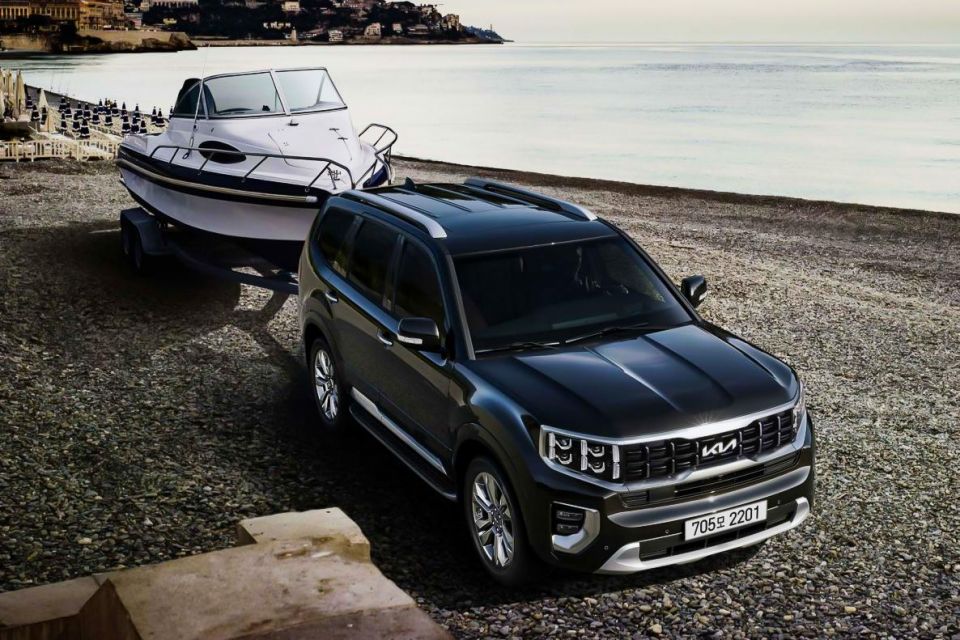
It’s understood the Mohave is already capable of towing over 3.0 tonnes, so there’s already a solid base there.
All of the Kia ute’s main competitors offer a 3.5-tonne braked towing capacity, including the Ranger, HiLux, D-Max, BT-50, Amarok and Navara.
Currently, the vehicle in Kia’s local line-up with the greatest towing capacity is the Sorento SUV, which can haul up to 2000kg with a braked trailer.
Are you excited for the upcoming Kia ute? Let us know in the comments below.
MORE: Kia ute: Dealer leak reveals details about Ford Ranger, Toyota HiLux rival MORE: Kia ute spied again with Mohave links MORE: Kia ute snapped testing in South Korea
Where expert car reviews meet expert car buying – CarExpert gives you trusted advice, personalised service and real savings on your next new car.
Jack Quick is an automotive journalist based in Melbourne. Jack studied journalism and photography at Deakin University in Burwood, and previously represented the university in dance nationally. In his spare time, he loves to pump Charli XCX and play a bit of Grand Theft Auto. He’s also the proud owner of a blue, manual 2020 Suzuki Jimny.


Derek Fung
15 Hours Ago
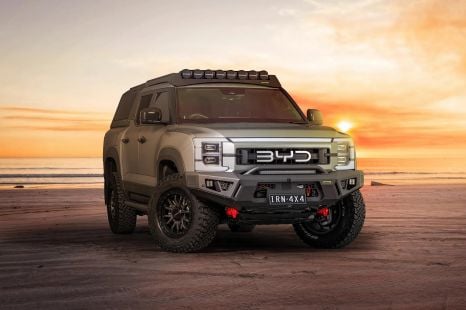

William Stopford
2 Days Ago
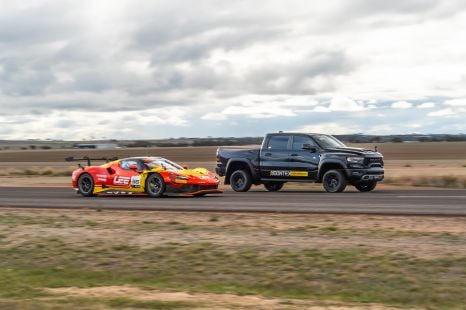

Paul Maric
4 Days Ago
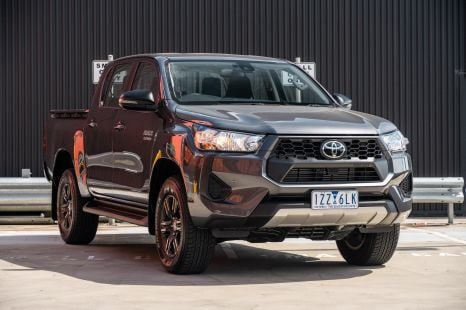

Josh Nevett
5 Days Ago
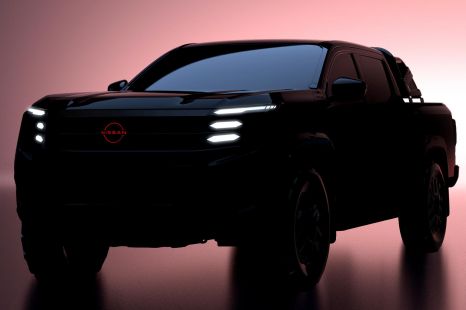

James Wong
5 Days Ago
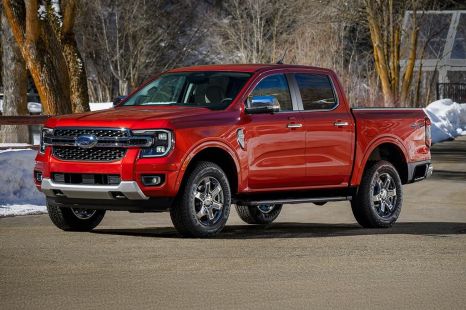

Damion Smy
9 Days Ago